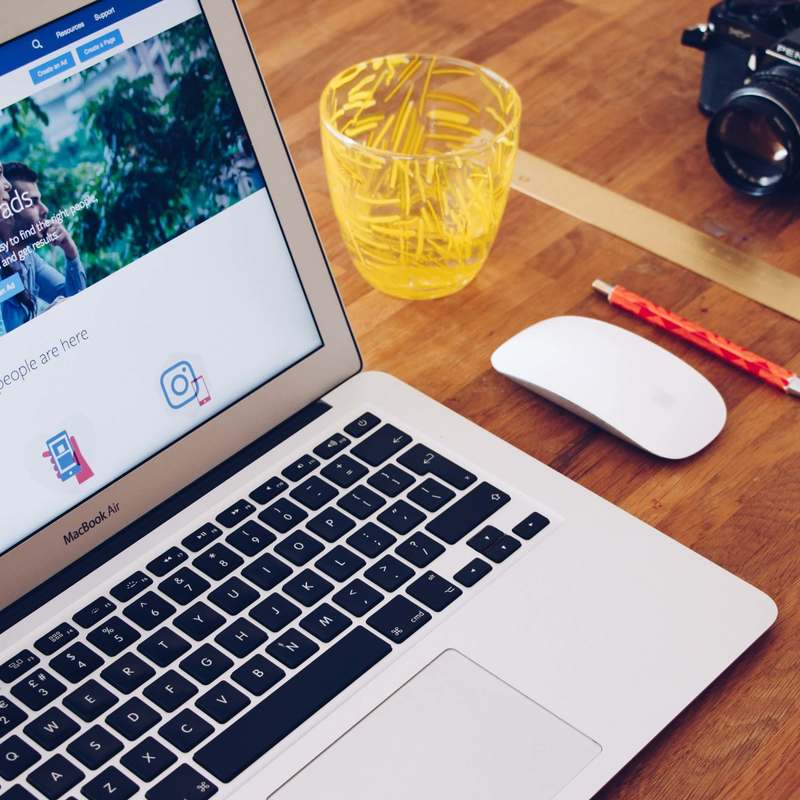
According to a recent survey, 91% of employers said that they use social media to screen candidates before inviting them for an interview. I have done this myself and been put off by what I’ve found. So if you are currently looking for your next career move, it is more important than ever that you consider what the world can see when they search for you online. Below are a few tips on making sure your online presence doesn’t betray you when applying for jobs.
The social network for professionals has over 225 million users - if you are not one of these then it is time you signed up. Some may think that Linkedin is just an online CV, but it is so much more than that. There are many factors to Linkedin that offer value to you as a job seeker, such as recommendations, building a network of industry professionals and appearing in searches when a recruiter is looking for your type of experience. It also shows an employer that you are in tune with and embracing modern technology. So make sure you set up a profile, but also make sure that you keep it current and detailed. Don’t just put a list of your job titles, include responsibilities and achievements too.
According to the aforementioned survey, this is the most likely place that recruiters will look when screening potential candidates, with 76% saying they check here first. Why? Because this is where they will get to see the real you. All the pictures of you drunkenly balancing a cone on your head whilst scoffing a kebab dressed as batwoman, all the statuses you post about how dull your job is, down to the music and books that you like.
Ensuring you keep this stuff private is the first step in controlling your digital footprint. Make sure when you post a status the ‘audience’ button is set just to friends, likewise with your photo privacy settings. However it becomes harder to do this when friends tag you in a photo. Some of my teacher friends have changed their facebook name to avoid curious pupils finding out what they get up to at the weekend. This is not such a bad idea whilst on the hunt for a new job.
Unless you have your profile set to private, Twitter is a very public network. Everything you write is sent out into the twittersphere for anyone to read. If you are constantly posting about your weekend or your favourite football team during work hours, potential employers are going to question your work ethic. It's worth remembering our PM’s sentiments here – “too many tweets make a tw…”. Aside from your tweets, the people/organisations that you follow are also public and a potential employer may well take a look to get an idea of your interests. So following @hornybabes or @BNP might not help your application.
Instagram, Pinterest, Vine, Youtube
It’s called social media for a reason, everything you post is seen by friends, perhaps liked by friends, and then seen by friends of friends. With the theory of seven degrees of separation in mind, it’s not long before the filtered photo of you playing Angry Birds at your desk is appearing in your potential employers Instagram feed. Moral of the story is make it positive or make it private.
The Upside...
Having said all the above and potentially making you paranoid about your digital footprint, social media is one of your best hopes of finding a new role, and will become even more powerful over the next few years. Facebook and Linkedin are great tools to get friends and contacts to refer you to hiring managers; using Twitter correctly can show off your industry knowledge, and the more creative job hunters are using Youtube and other channels to present multimedia profiles of themselves to potential employers. So don’t be afraid of social media whilst job searching, but do be sensible.
Good luck!
In this blog
Keep reading...
All blogs-
![Hiring for the Ad Tech Industry in Singapore]()
Candidate attraction
Hiring for the Ad Tech Industry in Singapore
-
![How to expand internationally in the United Arab Emirates]()
Hiring Tips
How to expand internationally in the United Arab Emirates
-
![What’s important to the Events sector right now?]()
Candidate
What’s important to the Events sector right now?
-
![Sponsorship Sales Vs Delegate Sales in Events]()
Candidates
Sponsorship Sales Vs Delegate Sales in Events
-
![How is the events industry bouncing back?]()
Networking
How is the events industry bouncing back?
-
![9 Compelling reasons to consider a career in Events]()
Candidates
9 Compelling reasons to consider a career in Events
-
![What is the difference between B2B and B2C marketing today?]()
Marketing
What is the difference between B2B and B2C marketing today?
-
![Aspire champions girls in sport]()
Diversity & Inclusion
Aspire champions girls in sport



.jpg)



%20SQ.jpeg)